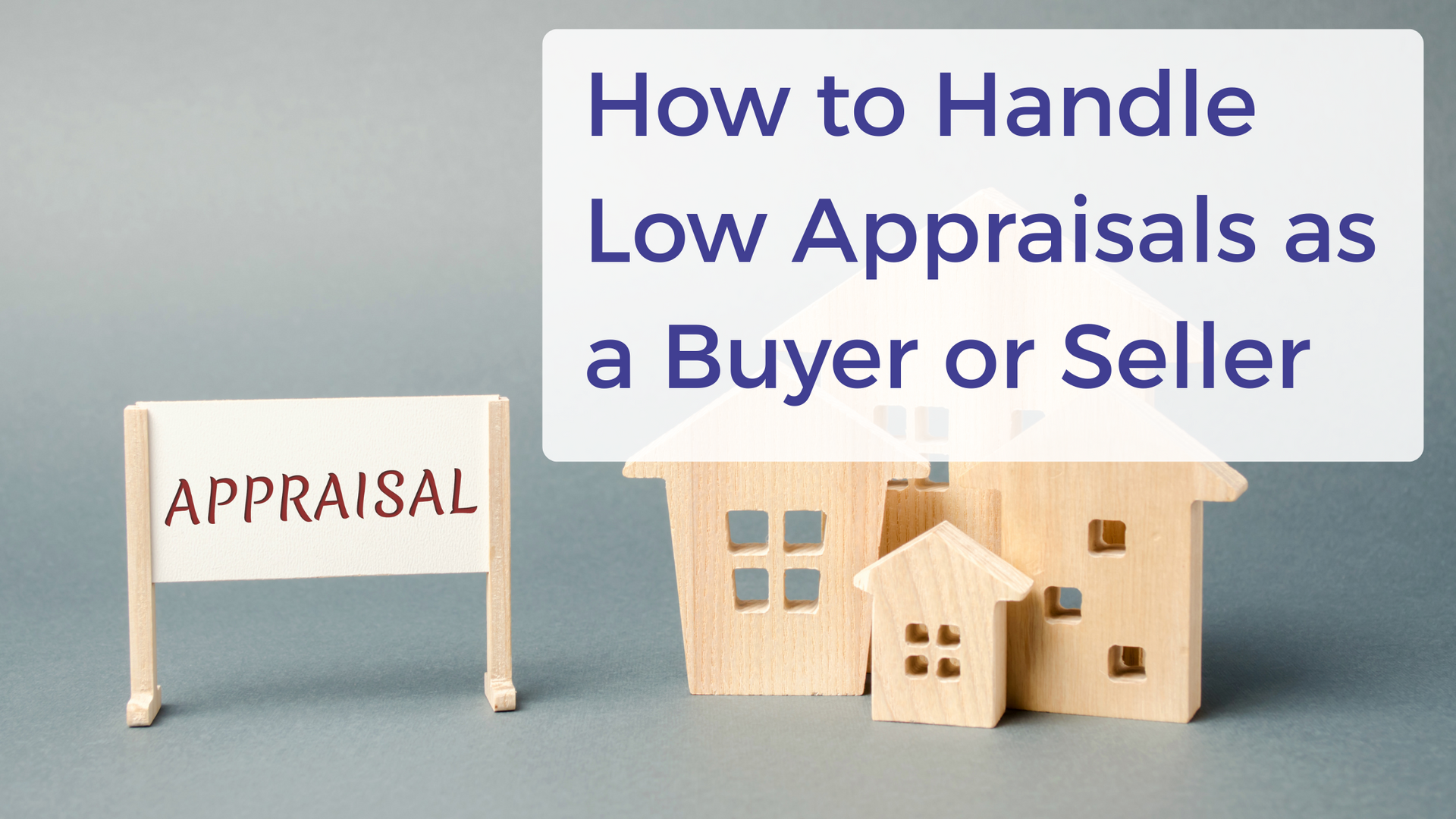Owning a home is more than just a milestone—it’s a major move toward financial stability, personal freedom, and long-term wealth building. While renting might offer flexibility, buying a home gives you something more powerful: ownership, equity, and the ability to truly make a space your own.
If you’ve been thinking about taking that leap, here’s a breakdown of the real advantages of homeownership—and the steps to get you there.

Why Homeownership Matters
Build Equity Instead of Paying Rent
Every mortgage payment you make increases your ownership stake in the home. Unlike rent—which goes straight to your landlord’s pocket—your payments build equity. As property values increase over time, so does the value of your investment.
Financial Stability
Rent prices can (and usually do) go up over time. A fixed-rate mortgage, on the other hand, locks in your monthly housing payment—giving you more control over your budget and reducing financial stress over the long term.
Tax Advantages
Homeowners can often deduct mortgage interest and property taxes when filing their income taxes—something renters miss out on. These deductions can lead to meaningful yearly savings.
Freedom to Personalize
Want to knock out a wall, redo the kitchen, or finally plant that backyard garden? When you own your home, you don’t need permission. You’re free to create a space that reflects your lifestyle, preferences, and vision.
Connection to Community
Homeownership often leads to deeper roots in your community. You're more likely to participate in local events, meet your neighbors, and contribute to the overall well-being of your area. It’s not just about the property—it’s about the pride of being part of something bigger.
Long-Term Investment Potential
Historically, home values tend to appreciate over time. While the market can experience short-term shifts, owning a home generally remains a smart long-term financial move—especially if you plan to stay for several years or more.
How to Prepare for Homeownership
If you’re ready to turn this goal into reality, here’s how to begin:
1. Check Your Financial Readiness
Look at your credit score, savings, income, and monthly expenses. A solid credit profile and responsible debt management go a long way with lenders.
2. Start Saving for a Down Payment
While 20% down is the traditional target, many loans now offer lower down payment options. The key is starting early and being consistent with your savings plan.
3. Get Pre-Approved
Pre-approval shows sellers you’re serious—and gives you a realistic picture of how much home you can afford. It also helps speed up the buying process once you find the right place.
4. Find the Right Property
Think about what matters most—location, school districts, commute, layout, etc. Work with a real estate agent who understands your needs and can help you navigate the local market.
5. Make a Strong Offer
Once you’ve found “the one,” you’ll want to act quickly and strategically. Your agent can help you put together a competitive offer and negotiate terms that make sense for your goals.
6. Complete the Loan Process
After your offer is accepted, you’ll work with your lender to finalize the mortgage. Be prepared to submit documents, schedule an appraisal, and review all the fine print.
7. Close and Celebrate
Once everything checks out, it’s time to sign the paperwork, pay any final costs, and collect the keys. Welcome to homeownership!
Ready to Take the First Step?
Homeownership is one of the most meaningful financial moves you can make. It requires planning, patience, and preparation—but the rewards are worth it.
If you’re ready to explore your options or just want to understand what’s possible for you…
Let’s connect. Reach out today to schedule your free consultation. I’ll help you understand your options, map out the process, and guide you every step of the way.


